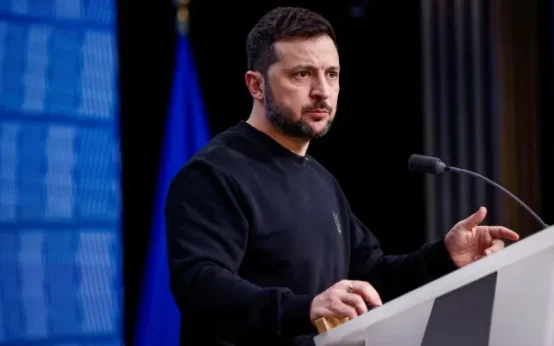South Korea has officially ended its loudspeaker broadcasts and propaganda transmissions across the border into North Korea. The move, which President Lee Jae‑myung fully supported, aims to reduce tensions and revive dialogue between the two Koreas after over a year of psychological warfare.
Broadcasts Were a Key Part of Border Tension
In mid-2024, South Korea resumed daily loudspeaker campaigns along the Demilitarized Zone broadcasting K‑pop music, news, and criticism of the North Korean regime. The decision followed months of tension triggered by North Korean activists sending thousands of trash-filled balloons into South Korea. Pyongyang had first resumed its own broadcasts filled with metal clanging and sirens letting off retaliatory messages.
These loudspeakers created constant noise, especially in border towns, making daily life uncomfortable for residents. The broadcasts symbolized the escalating mistrust between Seoul and Pyongyang.
President Lee’s First Big Move: South Korea Turns Off Border Broadcasts to North Korea
In early June 2025, South Korea made a surprising but peaceful move. The country’s new president, Lee Jae-myung, gave a special order to the military: stop all anti-North Korea loudspeaker broadcasts along the border. This was one of the first big decisions he made after taking office and it quickly grabbed attention both inside and outside the country.

President Lee explained that this move was part of his campaign promise. During the election, he promised to reduce tensions with North Korea and rebuild trust between the two divided nations. By turning off the speakers, he said he hoped to create a more peaceful atmosphere.
How Has North Korea Reacted to the Broadcasts Stopping?
Until now, North Korea has not made any official statement about South Korea’s decision to stop the loudspeaker broadcasts at the border. In the past, North Korea has reacted very strongly to these broadcasts. Sometimes, they even responded with military actions like firing weapons toward the border.

These loudspeakers used to play news, messages, and K-pop music aimed at the North Korean people and soldiers. North Korea always saw them as a threat or insult to their government.
But this time, after South Korea’s new president ordered the broadcasts to stop, there has been no angry reaction from Pyongyang. Instead, many people believe that North Korea might view this move as a peaceful gesture.


 South Korea to hold presidential election on June 3
South Korea to hold presidential election on June 3  Wildfires devastate southern South Korea, claiming at least 24 lives
Wildfires devastate southern South Korea, claiming at least 24 lives  China, Japan and South Korea meet to strengthen ties
China, Japan and South Korea meet to strengthen ties  Japan’s birth rate is declining
Japan’s birth rate is declining  North Korean Soldiers Captured in Ukraine
North Korean Soldiers Captured in Ukraine